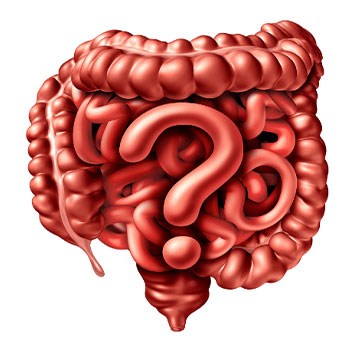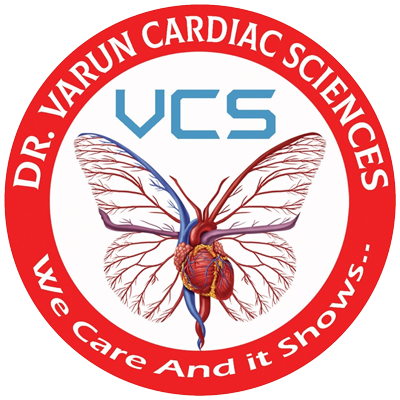What is General & GI Surgery?
General and gastrointestinal (GI) surgery are critical fields within medicine, focusing on the diagnosis, treatment, and management of various surgical conditions. These specialties encompass a broad range of procedures and interventions that address issues within the abdominal region, including the stomach, intestines, liver, and other organs. Understanding the nuances of general and GI surgery is essential for patients and healthcare providers alike, as these surgeries play a pivotal role in treating numerous conditions and improving overall health outcomes
What is General surgery?
General surgery is a surgical specialty that deals with a wide variety of health issues, primarily focused on the abdominal organs. General surgeons are trained to diagnose and manage a broad spectrum of conditions, performing surgeries that involve the stomach, liver, gallbladder, pancreas, intestines, and other related structures. In addition to abdominal surgeries, general surgeons also handle procedures involving the skin, breasts, soft tissues, and hernias.
Key Responsibilities of General Surgeons
Preoperative Care
General surgeons evaluate patients before surgery, conducting thorough examinations and diagnostic tests to determine the best course of action
Surgical Procedures
They perform a wide range of surgeries, from minimally invasive laparoscopic procedures to complex open surgeries
Postoperative Care
After surgery, general surgeons monitor patients’ recovery, manage complications, and provide follow-up care to ensure optimal outcomes
Emergency Surgeries
General surgeons are often on the front line in emergency situations, handling urgent cases like appendicitis, trauma, and bowel obstructions
What is GI Surgery?
Gastrointestinal surgery, a subset of general surgery, specifically focuses on the digestive system. This includes the esophagus, stomach, small intestine, large intestine, liver, pancreas, gallbladder, and bile ducts. GI surgeons are experts in diagnosing and treating conditions that affect the gastrointestinal tract.
Common Conditions Treated by GI Surgeons
- Gastroesophageal Reflux Disease (GERD): Chronic acid reflux that can lead to esophagitis and other complications.
- Gallstones: Solid particles that form in the gallbladder, potentially causing pain and infection
- Colorectal Cancer: Cancer of the colon or rectum, requiring surgical intervention for removal and management
- Hernias: Protrusions of organs through the abdominal wall, often requiring surgical repair
- Inflammatory Bowel Disease (IBD): Chronic inflammation of the digestive tract, including Crohn's disease and ulcerative colitis
- Diverticulitis: Inflammation or infection of pouches that can form in the intestines
Types of GI Surgeries
GI surgeons perform various procedures, ranging from minimally invasive techniques to more extensive surgeries. Some common types of GI surgeries include
Laparoscopic Surgery
A minimally invasive approach using small incisions and a camera to guide the surgery. It is commonly used for gallbladder removal, hernia repair, and appendectomies.
Endoscopic Procedures
These involve using an endoscope to diagnose and treat conditions within the GI tract. Examples include endoscopic retrograde cholangiopancreatography (ERCP) for bile duct issues and colonoscopies for colorectal cancer screening
Colorectal Surgery
This includes procedures to remove cancerous tumors, treat diverticulitis, and manage other colorectal conditions
Liver Surgery
Hepatectomy and other procedures to remove tumors or treat liver diseases
Pancreatic Surgery
Procedures such as the Whipple procedure for pancreatic cancer
Importance of General and GI Surgery
General and GI surgery are essential for several reasons
- Treatment of Acute Conditions: Many conditions, such as appendicitis or bowel obstruction, require immediate surgical intervention to prevent severe complications
- Cancer Management: Surgical removal of tumors in the GI tract is often a critical component of cancer treatment
- Improvement of Quality of Life: Surgeries for conditions like GERD, hernias, and IBD can significantly enhance patients' quality of life by alleviating symptoms and preventing further complications
- Preventive Care: Procedures like colonoscopies are vital for early detection and prevention of colorectal cancer
Advances in General and GI Surgery
Advancements in surgical techniques and technology have significantly improved outcomes for patients undergoing general and GI surgeries. Some notable advancements include
- Robotic Surgery: The use of robotic systems allows for greater precision, smaller incisions, and faster recovery times
- Enhanced Recovery After Surgery (ERAS) Protocols: These protocols optimize preoperative, intraoperative, and postoperative care to improve recovery and reduce hospital stays
- Improved Imaging Techniques: Advanced imaging technologies like MRI, CT scans, and PET scans aid in better diagnosis and surgical planning
- Minimally Invasive Techniques: The continued development of laparoscopic and endoscopic techniques has made surgeries less invasive, with fewer complications and quicker recoveries
General and GI surgery are critical fields that address a wide range of conditions affecting the abdominal organs and digestive system. General surgeons and GI specialists play a vital role in diagnosing, treating, and managing these conditions through a variety of surgical techniques. As medical technology continues to advance, the effectiveness and safety of these surgeries will continue to improve, enhancing patient outcomes and quality of life. Whether dealing with acute emergencies or chronic conditions, the expertise of general and GI surgeons is indispensable in modern healthcare

